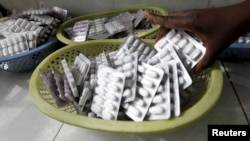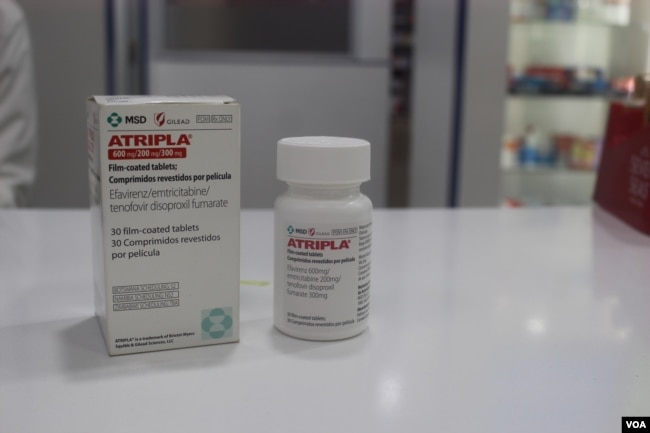San Diego, California (CNN) -- Antiretroviral drugs that are being used to prolong the lives of patients infected with HIV/AIDS could also be greatly effective in slowing its spread, epidemiologist Brian Williams said.
The concentration of the virus drops by a factor of 10,000 with antiretroviral treatment, resulting in 25 times the reduction of infectiousness, said Williams, formerly of the World Health Organization and now at the South African Centre for Epidemiological Modelling and Analysis. That means that if more people with HIV received this therapy early, there would be fewer new cases of the disease, he said Saturday at the annual meeting of the American Association for the Advancement of Science.
"We could effectively stop transmission within five years," Williams said.
About 33 million people are living with HIV, according to 2008 estimates by the World Health Organization and UNAIDS. That year, 2 million people died of AIDS and 2.7 became newly infected.
Expert: Using antiretroviral drugs early may curb HIV/AIDS spread - CNN.com
The concentration of the virus drops by a factor of 10,000 with antiretroviral treatment, resulting in 25 times the reduction of infectiousness, said Williams, formerly of the World Health Organization and now at the South African Centre for Epidemiological Modelling and Analysis. That means that if more people with HIV received this therapy early, there would be fewer new cases of the disease, he said Saturday at the annual meeting of the American Association for the Advancement of Science.
"We could effectively stop transmission within five years," Williams said.
About 33 million people are living with HIV, according to 2008 estimates by the World Health Organization and UNAIDS. That year, 2 million people died of AIDS and 2.7 became newly infected.
Expert: Using antiretroviral drugs early may curb HIV/AIDS spread - CNN.com








